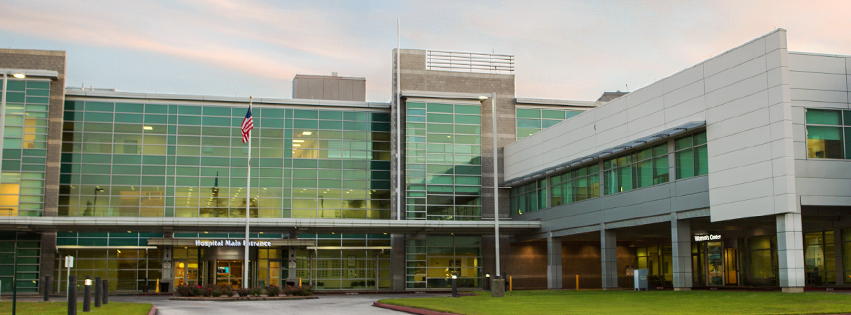
Bayou Business Monthly- February 2022
February 14, 2022
$4.2 Million Headed to Louisiana Seafood Processors
February 14, 2022The Louisiana Legislature has called a special session in February to draw up new legislative districts for state and federal offices.
State Senate President Page Cortez and House Speaker Clay Schexnayder signed a proclamation to convene a special session that will run from 5 p.m. Feb. 1 to 6 p.m. Feb. 20 for the state’s constitutionally mandated redistricting process.
States redraw state and federal legislative maps every decade using updated census data to ensure fair representation. As simple as that sounds – just drawing lines around the population numbers, right? – the process is historically contentious with politicians declaring an advantage has been given to one political party or the other.
Lawmakers will have 20 days to redraw Louisiana’s congressional, state House and state Senate districts. Legislators also will craft districts for the state Board of Elementary and Secondary Education, Public Service Commission and Supreme Court.
Under federal law, congressional districts must be drawn so that they are equal in population to each other. Other political districts – including those in Louisiana Legislature, Public Service Commission and on BESE – must be within 10 percent of each other in terms of size.
One of the major redistricting issues facing lawmakers is what to do with the continued decrease in population in north Louisiana while the southeastern portion of the state increases. The Baton Rouge suburbs, New Orleans area and the Northshore continue to grow.
Leading up to the presumed special session date, members of the Legislature’s Joint Governmental Affairs Committee completed a redistricting road show to solicit input from the public. The ten-meeting journey to gather public opinion began in October and wrapped up in late January in Baton Rouge.
Locally, our districts are all within about five percent of where they should be. The meeting held in Thibodaux revealed the following data:
Congressional District 1, represented by Steve Scalise, R-Metairie, and includes southern Terrebonne and Lafourche, is above the ideal population by 36,293 residents, or 4.68%.
Congressional District 6, represented by Garret Graves, R-Baton Rouge, and includes northern Terrebonne and Lafourche, is above the ideal population by 40,174, or 5.18%.
State House District 52, represented by Jerome “Zee” Zeringue, and covers parts of Terrebonne and Lafourche, has a population that is 2,259 people, or 5.09%, above the ideal.
State House District 53, represented by Tanner Magee, and covers Terrebonne, is underpopulated by 2,410, or 5.43%.
In the state Senate, four area districts — 2,17,19, and 20 — all lost population. District 18 is overpopulated by 18,629, or 15.6%. Districts 21 and 22 had minimal population change.
The public information meetings statewide revealed the strongest debates when discussing the state’s congressional districts. Groups representing Democrats and Black residents have called for the creation of a second majority-black congressional district to better represent the roughly one-third of the state’s 4.6 million residents who identified as Black during the recent census.
Gov. John Bel Edwards also lent his support to the cause during a news conference in December.
“We have a minority population, an African-American population, of 32-33%,” Edwards said. “We have six congressional districts. And so fairness – if it can be done – would be to have two out of the six congressional districts be minority districts.”
Edwards acknowledged the move would require “major reworking” of the current districts, but he urged the Republican-majority Legislature to heed the request nonetheless.
Former House Clerk Alfred “Butch” Speer, who has participated in multiple redistricting efforts over his decades of service, told attendees at a public redistricting meeting in December he doesn’t expect Republicans will sacrifice a safe district simply because the public demands it, The Associated Press reported.
“I’d be shocked to have anybody say that it’s going to be done in this time,” Speer said of a second majority-minority district. “It should be. I’m not saying it shouldn’t be. But there are a lot of pressures on the other side of the scale.”









